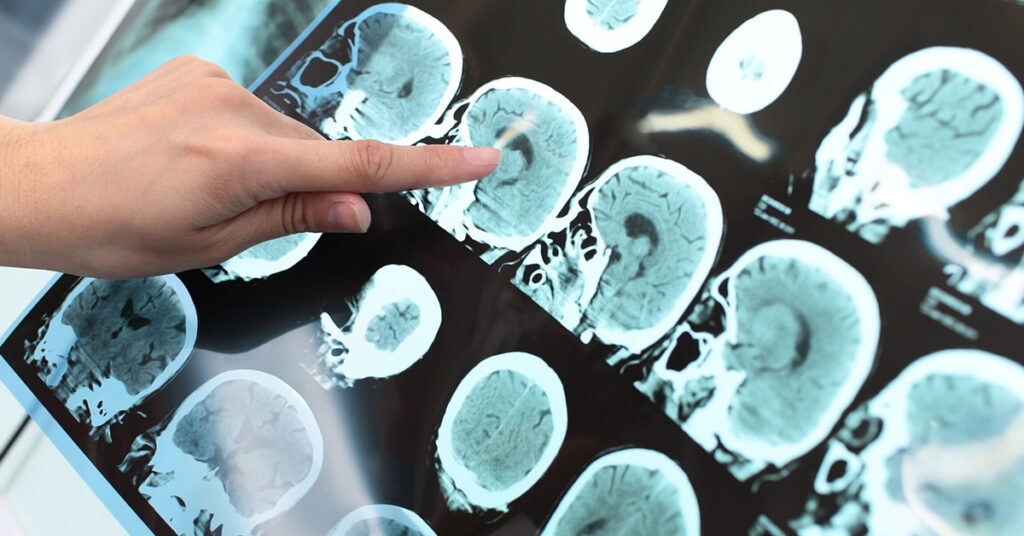News
A deep-learning algorithm to improve diabetes care
LIH digital health project supported by the “Société Francophone du Diabète”
- Deep Digital Phenotyping Research Unit
- Department of Precision Health
- Public Funding
- Digital Health
- Metabolic Diseases

In February 2023, the “Société Francophone du Diabète” (SFD) awarded EUR 30,000 to the Deep Digital Phenotyping (DDP) research unit at the LIH Department of Precision Health (DoPH), in support of the SFDT1-IH clinical study. The grant, allocated under the “SFD-Industrie” scheme in partnership with Abbott Diabetes Care, will enable the development of a novel digital biomarker to predict the risk of hypoglycemia unawareness in type-1 diabetes patients.
Hypoglycemia unawareness (HU) is characterised by the inability to feel or notice the signs of hypoglycemia (i.e. blood sugar levels below 4 mmol/l), which can include stress, anxiety and hunger. The risk of developing HU is particularly linked to the duration of type 1 diabetes (T1D) and frequent occurrence of hypoglycemic episodes.
“About 40% of T1D patients suffer from HU. This is a significant barrier to achieving optimal diabetes control, therefore negatively affecting quality of life”, explains Dr Guy Fagherazzi, DDP Group Leader, Director of the DoPH and leader of the SFDT1-IH project. “Scores to assess the risk of HU exist, but they are not used in current clinical practice. This is why we aim to generate an indicator derived from continuous glucose monitoring data, that would enable clinicians to easily identify T1D patients at risk of HU”.
Based on the data obtained from at least 500 participants in the SFDT1 cohort study, the research team will train machine- and deep-learning algorithms to predict the risk of HU. The resulting predictive model and CGM-derived indicator will subsequently also be validated in a relevant cohort study in Canada.
We expect our novel indicator to act as a digital biomarker, which can be integrated into clinical practice and calculated automatically during consultations, allowing diabetologists to rapidly and accurately assess the risk of HU, refine and personalise the therapeutic strategy for each patient accordingly, and thus reduce the occurrence of hypoglycemia events, thereby improving the management of T1D and overall quality of life.
continues Charline Bour, PhD student in the DDP research unit and co-investigator of the SFDT1-IH project.
The SFD grant will specifically contribute to supporting the activities related to data analysis, publication and dissemination of results, as well as covering travel and attendance expenses for meetings and international conferences.
“We are extremely grateful to the SFD and to Abbott Diabetes Care for their generous support to our project, which falls under the digital health key priority research axis of our institute, and which holds great potential for the development and widespread adoption of digital technologies in healthcare”, concludes Dr Fagherazzi.
The study will officially start in the third quarter of 2023 and is expected to last 18 months. It is carried out in partnership with the SFDT1 cohort study team in France, led by Prof. Jean-Pierre Riveline.
Funding and collaborations
The study was supported by the KriibsKrank Kanner Foundation, and co-supported by the Luxembourg Ministry of Agriculture.







